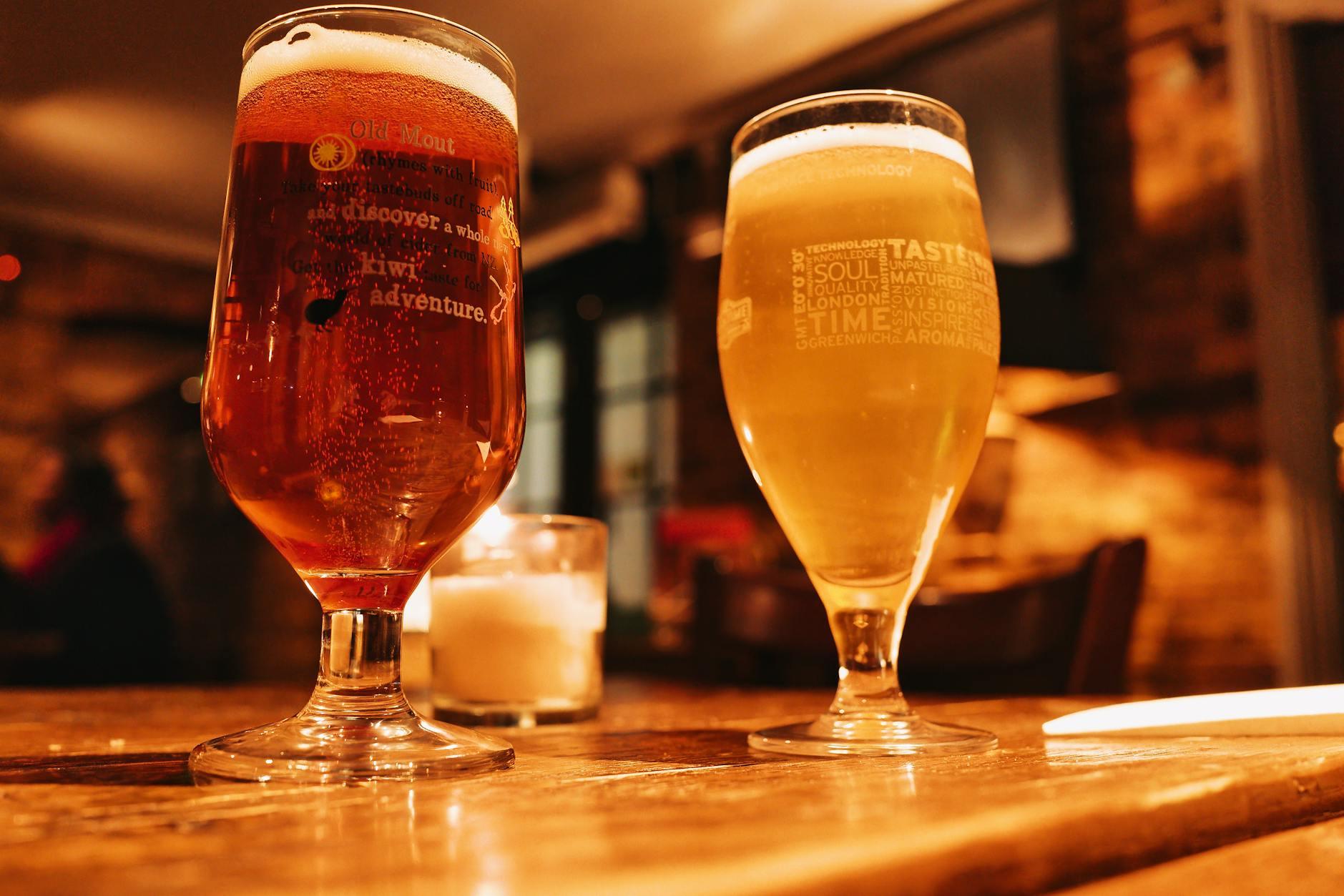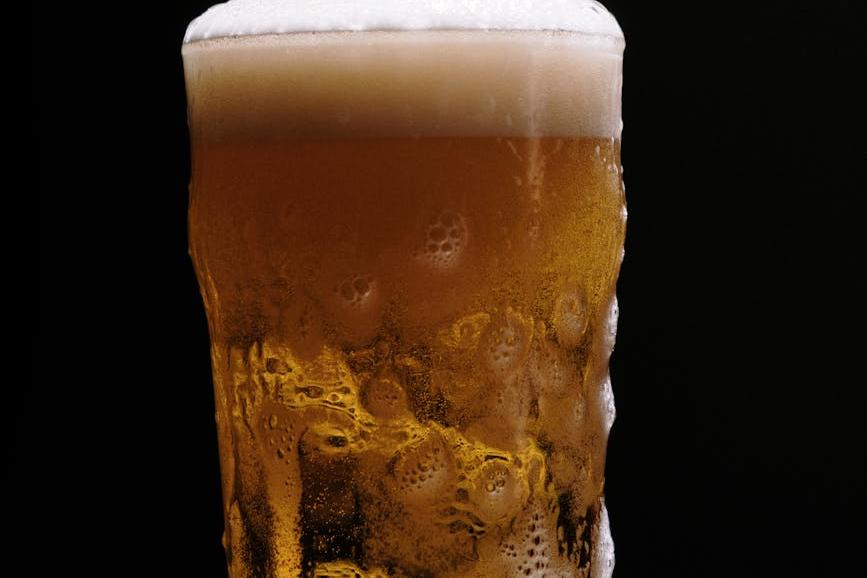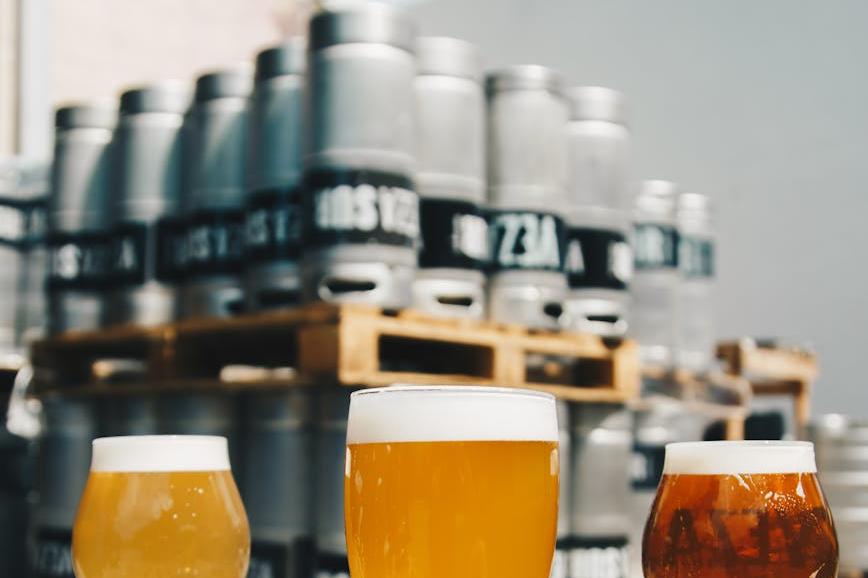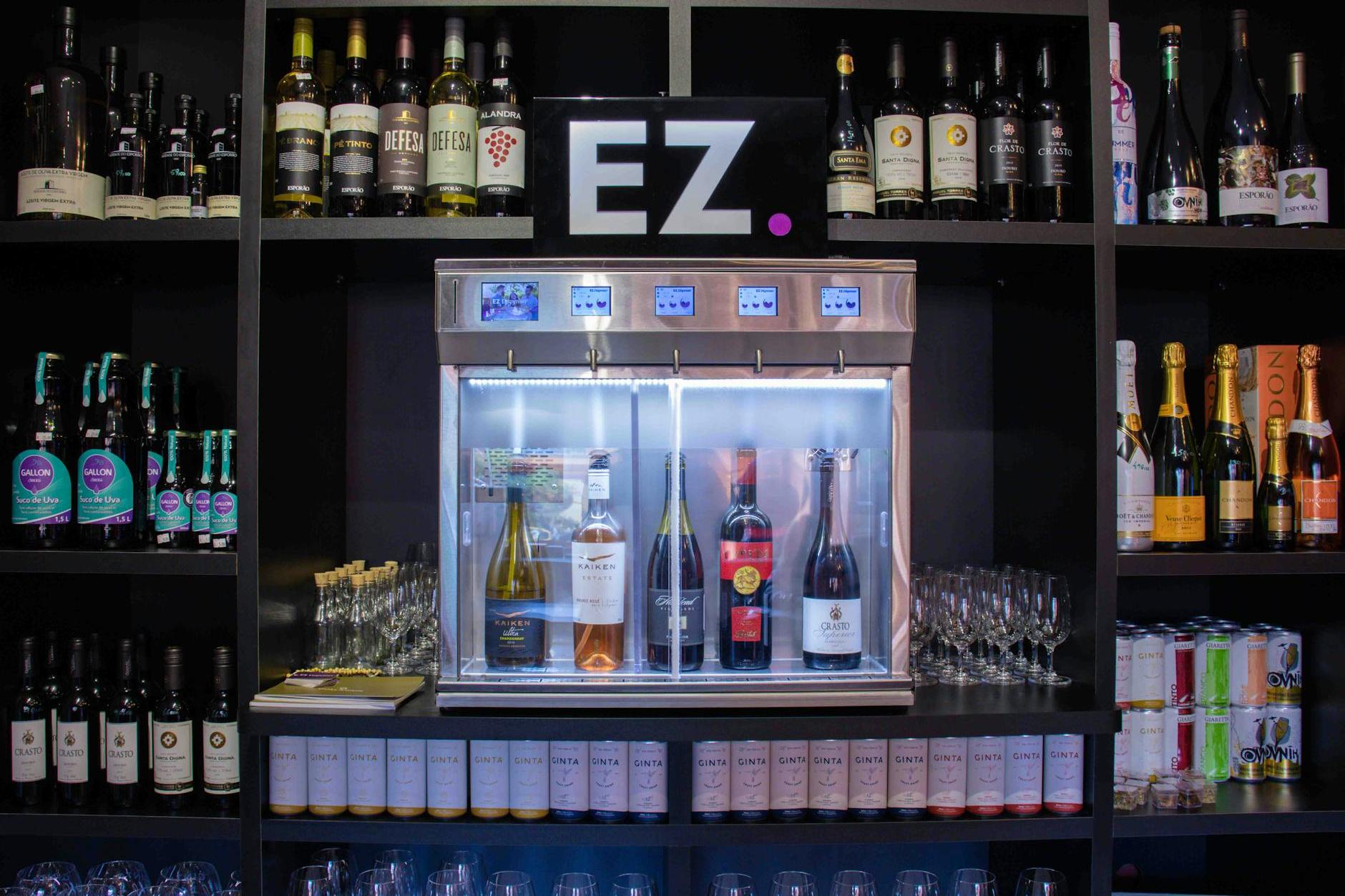- Shanghai Zhongshen International Trade Co., Ltd. - Two decades of trade agency expertise.
- Service Hotline: 139 1787 2118

Contents
ToggleThose Years When I Witnessed Beer Agents Flipping Their Cars
I remember in 2018, a client enthusiastically took on the agency for a German dark beer, only to discover upon arrival that the Chinese back label lacked the "original wort concentration" notation, leaving the entire shipment stuck at customs for three months. Last year, another importer of Belgian craft beer failed to notice that an alcohol content exceeding 11% required a separate license, directly facing the risk of shipment rejection. Today, let's discuss what pitfalls must be avoided in advance for those looking to become import beer agents.
Qualification Review: Is Your Entry Ticket Strong Enough?
Recently, a post-90s entrepreneur came to me with Taobao store data and said, "Sis, my beer sales on Douyin are booming. Can we directly..."Import Representation?"Reality is always harsher than ideals. Importing alcoholic beverages requires these hardcore qualifications:
- (Apply 30 days in advance)(Alcohol sales must be included)
- Importer Registration for Imported Food (verifiable in the Customs system)
- Liquor Distribution License (cancelled in some regions, but it is recommended to confirm in advance)
- Foreign exchange fluctuation locking plan
- An alcohol content of ≥11% requires processing.Sanitary Certificate for Imported Alcoholic Beverages
- Organic certified beer requires the submission of overseas certification documents.
The Devil in the Details of Customs Clearance Procedures
Just completed a customs clearance case for Chilean beer last week, sharing the latest hands-on experience:
| Link | New Changes in 2025 | Common mistakes |
|---|---|---|
| Chinese label filing | Additional requirement for QR code traceability. | Missing the warning label: "Excessive alcohol consumption is harmful to health." |
| Health certificate | The EU region requires an accompanying heavy metal testing report. | The certificate issuance date is later than the shipment date. |
| Tax calculation | The provisional tariff rates may be adjusted. | Neglecting the specific tax calculation rules for consumption tax |
Special Note: Starting from 2025, ports such as Qingdao and Tianjin will pilot the "inspect-and-release" model, allowing eligible beer products to clear customs on the same day.
The Dimensionality Reduction Strategy in Market Positioning
Last year, while assisting a client with the import of Mexican Corona, we observed an interesting phenomenon: consumers in coastal cities were more concerned about...Production Date Freshness, while the inland market pays more attention toAnti-counterfeiting labelHere’s how beginners can break through the deadlock:
- Premium Craft Beer: Targeting male customers aged 25-35, with bar channel promotions.
- Volkswagen brand: Focus on supermarket channels, with an emphasis on controlling the turnover rate of near-expiry products.
- Featured Fruit-flavored Beer: Creating Scenario-based Marketing through KOLs on Social Media Platforms
Five Deadly Missteps to Avoid
Real-life cases encountered in the past three months serve as a warning:
- Misunderstanding 1:"Small batch trial without formal customs declaration" → Caught by customs and facing a fine of three times the cargo value
- Misunderstanding 2:"Directly copying foreign packaging designs" → Cultural differences lead to poor sales.
- Misunderstanding 3:"Cutting costs by choosing cheap freight forwarders" → Improper temperature control leads to beer spoilage
- Myth 4:"Bypassing the general agent to contact the winery directly" → Falling into the minimum order quantity trap
- Myth 5:"Sign the contract and it's done" → Ignore exchange rate fluctuations and lock in.
Heartfelt Words for Beginners
Last week, I just turned down a client who wanted to represent Ukrainian beer—not because I didn't want the order, but because the local situation could disrupt the supply chain. Being an import agent is like brewing beer: every variable, from malt and yeast to temperature, must be precisely controlled. For beginners, I recommend starting with small batches of single products and finding a reliable importer.Export RepresentationWhen it comes to "external brains," after all, this industry makes money by avoiding risks.
Related Recommendations
Category case
Get in Touch
Email: service@sh-zhongshen.com
Related Recommendations
Contact via WeChat

? 2025. All Rights Reserved. Shanghai ICP No. 2023007705-2  PSB Record: Shanghai No.31011502009912
PSB Record: Shanghai No.31011502009912









